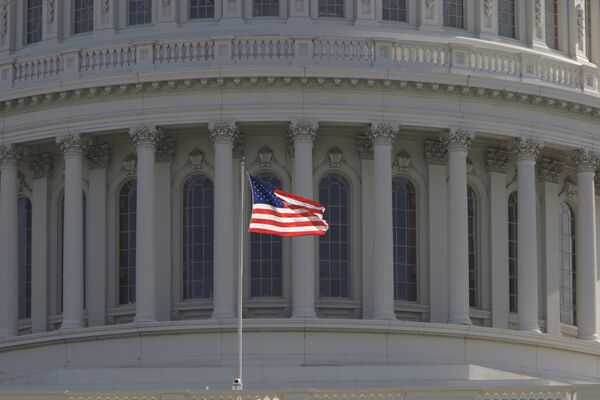With less than two days left to avert U.S. debt default, the Congress and the administration failed to find a solution for the federal debt stalemate.
The Senate voted not to move ahead on Sunday with Senate Majority Leader Harry Reid's proposal for raising the debt ceiling, which included spending cuts of $2.2 trillion. The Democrats failed to garner the 60 votes required to advance the bill.
Even the inclusion of several proposals by Minority Leader Mitch McConnell did not help in advancing the bill, which has earlier been rejected by the House of Representatives.
However, both Democrats and Republicans said they will continue the search for a compromise.
Republicans, who support the plan by House of Representatives speaker John Boehner, propose to cut the deficit by $915 billion in the next 10 years. They also want to raise the debt ceiling by $2.5 trillion, while Democrats want to increase it by $2.7 trillion.
If the U.S. Congress does not vote to raise the current debt ceiling of $14.3 billion by Tuesday, the U.S. government is likely to default on its financial obligations and the country's economy may plunge into recession.


